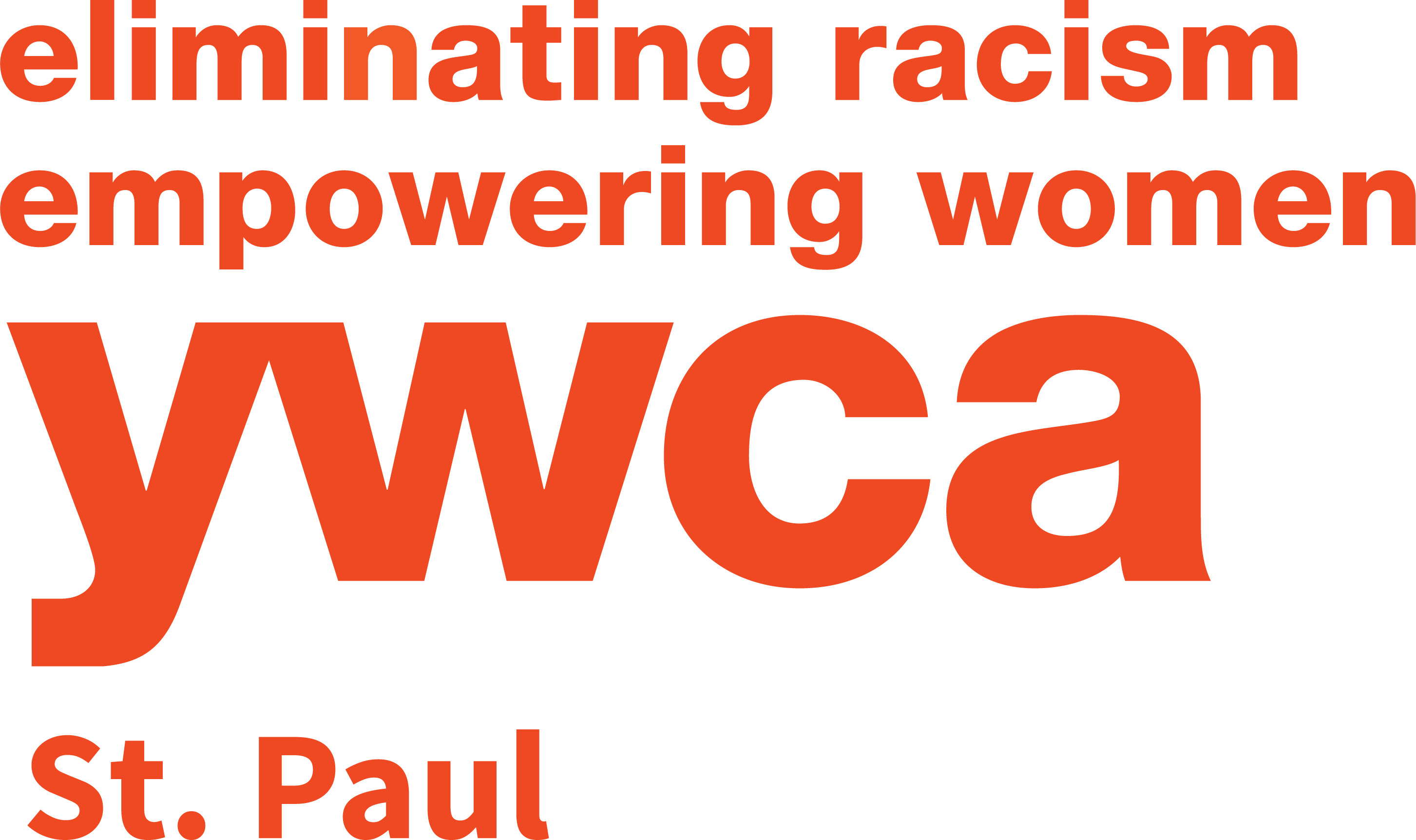As part of our commitment to a full, fair, accurate and safe 2020 Census, we’re sharing information about groups who are commonly missed by the census…and the important messages you can share to encourage participation.
The 2020 Census will count everyone living in the United States, regardless of citizenship status. In fact, the 2020 Census doesn’t even ask about it. But despite these facts, immigrant populations often under-respond due to rumors, confusion, or fear. Here are a few challenges for counting immigrant communities, and messages we hope to spread in response.
Challenges: Language Barriers and Anonymity
Someone who doesn’t speak English may assume there are no resources for them. However, the Census Bureau has gone above and beyond in making the census accessible to all residents, regardless of language. The online response form includes 12 non-English languages, and the census website supports 58 languages with step-by-step instructions for responding.
However, citizenship and anonymity is often the greatest concern for immigrant populations. Some in the community may be undocumented immigrants, while others are hesitant to provide any info that immigration or law enforcement could use against them. Last year’s legal battle to add a citizenship question failed, but fears about the census linger, and could impact responses and federal resources as a result. And regardless of the citizenship question, immigrant communities may have other privacy concerns about sharing information.
The census only produces anonymous statistics. Encouragement and facts provided by trusted acquaintances can increase trust in the process.
Messages to Spread
- The 2020 Census has no citizenship question.
- 2020census.gov offers support for responding in 59 different languages.
- Federal law protects census responses, even from other government agencies or immigration enforcement.
- Responding accurately to the census is important: it means funding and representation for your community.





